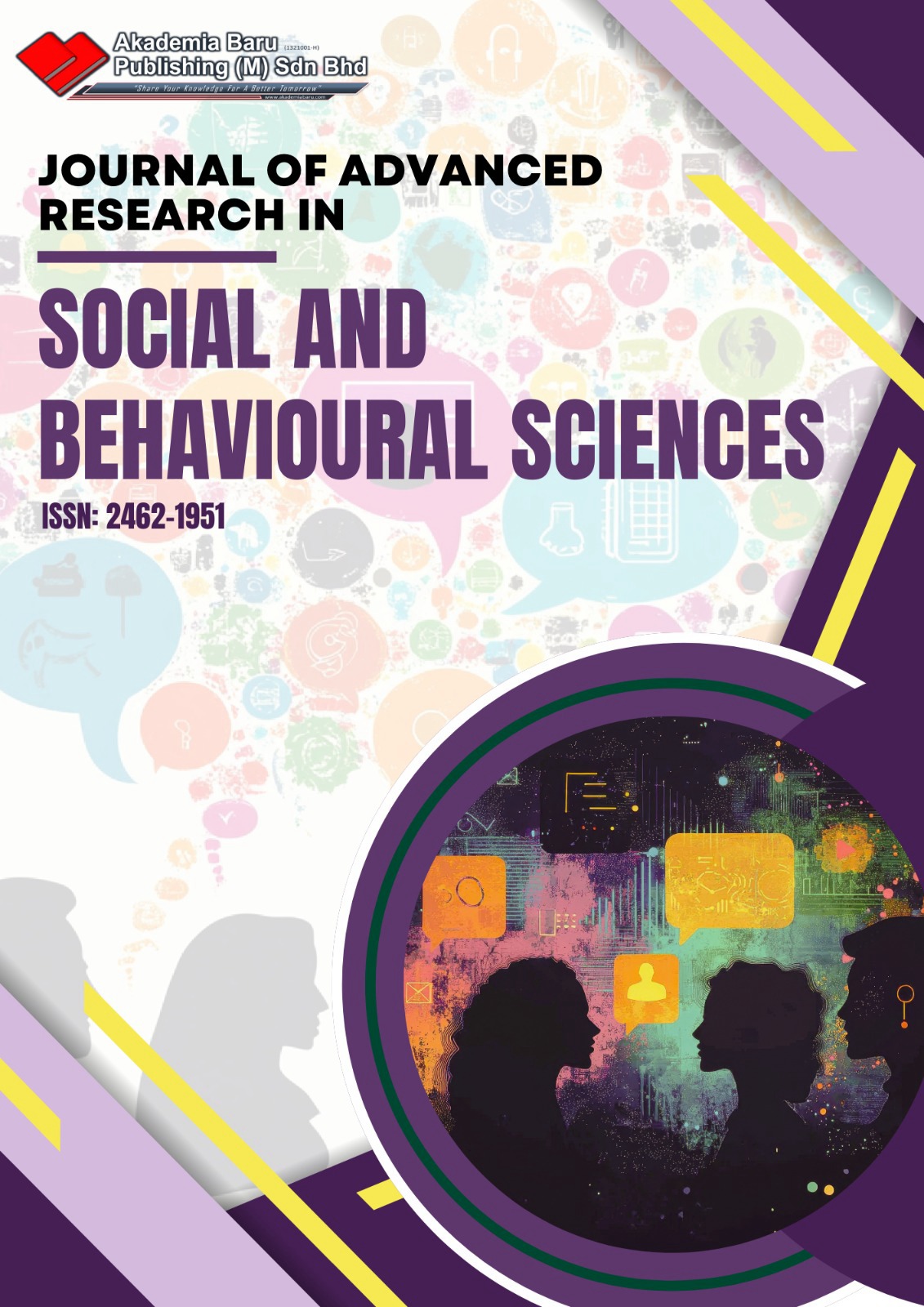Tinjauan Perspektif Guru terhadap Kepentingan Pembelajaran Sosio-Emosi dalam Meningkatkan Kompetensi Sosio-Emosi Pelajar Sekolah Rendah di Sabah
A Review of Teachers' Perspectives on the Importance of Socio-Emotional Learning in Enhancing the Socio-Emotional Competency of Primary School Students in Sabah
Keywords:
Teachers' perspectives, socio-emotional learning (PSE), primary school students, socio-emotional issues, Perspektif guru, pembelajaran sosio- emosi (PSE), pelajar sekolah rendah, isu sosio-emosiAbstract
Kajian ini bertujuan untuk membuat tinjauan mengenai perspektif guru terhadap kepentingan Pembelajaran Sosio-Emosi (PSE) untuk diterapkan kepada pelajar sekolah rendah di Negeri Sabah. Kajian ini juga cuba melihat sekiranya terdapat pengaruh faktor demografi (jantina, umur, taraf pendidikan, tempoh pengalaman bekerja) terhadap perspektif yang dibuat oleh para guru ini. Di samping itu, isu-isu sosio-emosi yang kerap dialami oleh pelajar juga cuba dikenalpasti selain turut meninjau sumber dan teknik yang diaplikasikan oleh para guru dalam mengendalikan isu sosio-emosi tersebut. Kajian ini melibatkan 580 orang responden yang terdiri daripada para guru dari beberapa buah sekolah rendah di Negeri Sabah. Analisis Kekerapan dan Ujian Khi Kuasa Dua telah dijalankan untuk menjawab persoalan kajian. Hasil umum analisis mendapati hampir keseluruhan responden (99.5%) berperspektif bahawa PSE adalah penting kepada para pelajar dengan 43.1% daripadanya memfokuskan kepentingan PSE secara khusus iaitu demi kejayaan pelajar manakala responden selebihnya merasakan PSE adalah sangat penting (40.9%) dan penting (16.0%) secara umum. Bagi pengaruh faktor demografi responden, perbezaan perspektif hanya dapat dilihat dari sudut perbezaan taraf pendidikan yang dimiliki iaitu antara guru lepasan siswazah dengan guru bukan siswazah. Isu sosio-emosi yang ditemukan dalam kalangan pelajar pula adalah pelbagai termasuklah isu perubahan dalam keluarga, sikap menyendiri, buli, gangguan tingkah laku emosi, dan autisma. Dalam mengendalikan isu-isu ini, majoriti responden (36.9%) didapati menggunakan kepelbagaian sumber pengendalian manakala kaunselor pembimbing pula dijadikan sandaran khusus para responden apabila berhadapan dengan isu sosio-emosi pelajar. Kajian ini diharapkan dapat memberi gambaran awal tentang penerimaan dan kesediaan para guru terhadap PSE sebelum program-program berkaitannya diimplementasikan.
The purpose of this study is to provide a perspective on teachers' perspectives on the importance of Socio-Emotional Learning (PSE) to be applied to primary school students in Sabah. The study also sought to determine if demographic factors (gender, age, education level, duration of work experience) were influenced by these teachers' perspectives. In addition, the socio-emotional issues that students often encounter are also trying to identify as well as reviewing the resources and techniques applied by teachers in dealing with these socio-emotional issues. The study involved 580 respondents consisting of teachers from several primary schools in Sabah. Frequency Analysis and Power Test Two were conducted to answer the research question. The general results of the analysis found that almost all respondents (99.5%) were of the opinion that PSE was important to the students with 43.1% of them focusing on the importance of PSE in the interest of the students while the rest of the respondents felt that the PSE was very important (40.9%) and important (16.0%) generally. In terms of the influence of the demographic factors of the respondents, the perspective difference can only be seen in terms of the degree of educational difference they have between post-graduate and non-graduate teachers. Socio-emotional issues found among students include a variety of issues in family change, loneliness, bullying, emotional disorder, and autism. In addressing these issues, the majority of the respondents (36.9%) were found to be using a variety of resources while the counseling counselor was the sole focus of the respondents when dealing with students' socio-emotional issues. This study is expected to provide an overview of teachers' acceptance and readiness for PSEs before their related programs are implemented.











